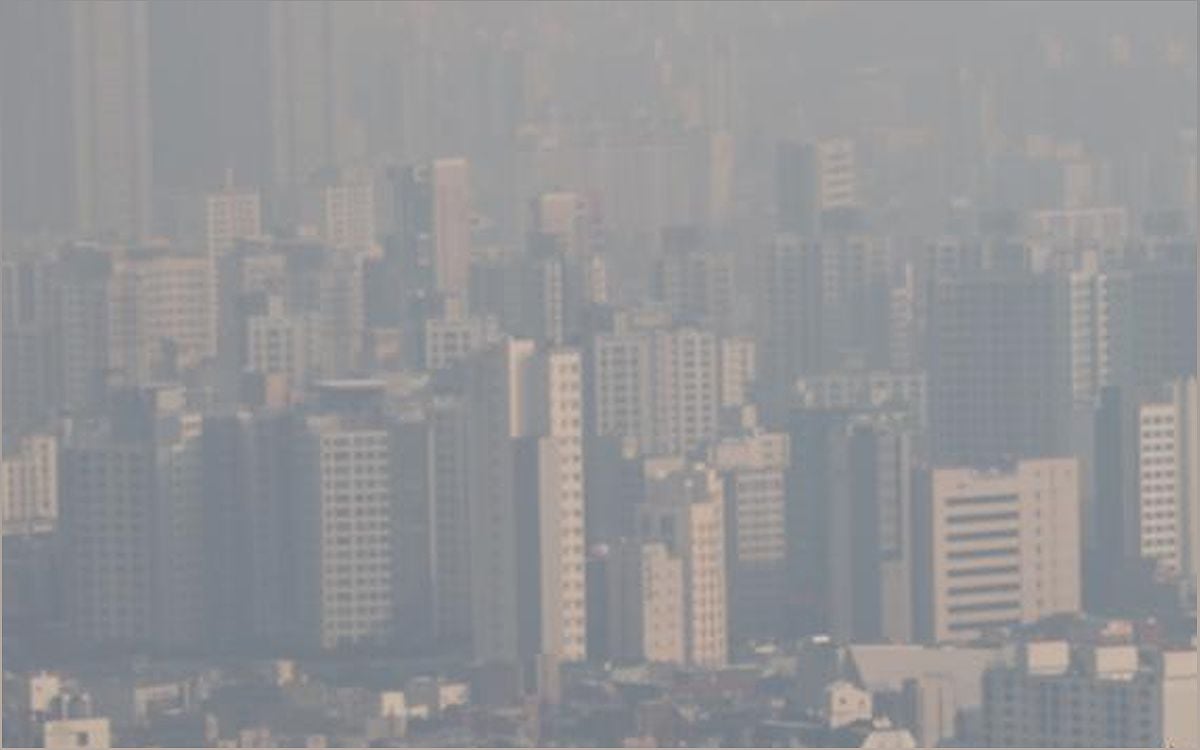Rising Concerns: Default Rates on Construction Loans Pose Threat to Korean Banks
The default rate on construction-related loans is a growing concern for major banks in Korea. Delinquency rates for loans made to firms in the construction sector have doubled within the year, raising concerns about the overall economy. Persisting high interest rates, sluggish real estate market conditions, and rising costs are contributing to deteriorated cash flows for construction companies. Real estate project financing loans are particularly worrisome, as any suspensions or failures in such projects can lead to loan defaults. The government is taking proactive measures to address the situation and ensure a soft landing and orderly cleanup. Stay informed with the latest updates on this pressing issue.
Increasing Delinquency Rates in Construction Loans
The default rate on construction-related loans is a growing concern for major banks in Korea. Delinquency rates for loans made to firms in the construction sector have doubled within the year, raising concerns about the overall economy.

Construction companies are experiencing deteriorated cash flows due to persisting high interest rates, sluggish real estate market conditions, and rising costs. The increased total overdue amount and instances of delinquency well exceed the sheer growth rate of the loan balance itself.
Market watchers and financial authorities are closely monitoring the situation, as an uncontrolled risk stemming from the cash-stripped real estate market might expand the scope of the crisis to the overall economy next year.
Concerns over Real Estate Project Financing
Real estate project financing poses a particularly alarming threat to the financial industry in Korea. This type of financing involves borrowing a significant amount of capital in advance, staking the future value of a project.
Any suspensions or failures of real estate development plans can easily lead to loan defaults, which is a major concern for both lenders and the government. The establishment of special purpose corporations (SPCs) to finance the needed capital adds to the complexity of the situation.
Construction companies involved in real estate project financing projects are experiencing pressing cash flow problems, further exacerbating the risk of loan defaults.
Rapid Increase in Real Estate Loan Defaults
The delinquency rate for real estate project financing loans is on the rise across the entire domestic financial sector in Korea. As of the end of the third quarter, the delinquency rate stood at 2.42 percent, marking an increase of 0.24 percentage points within just three months.
Savings banks, credit finance companies, and mutual cooperatives are particularly affected, with delinquency rates ranging from 4.18 percent to 5.56 percent. The use of bridge loans, which rely on high interest rates for short-term financing, has contributed to the rapid increase in real estate loan defaults.
The government has initiated an orderly cleanup to address the situation, focusing on real estate project financing businesses. Proactive measures are being taken to ensure a soft landing and minimize the impact on the overall economy.
Government Initiatives for a Soft Landing
The government in Korea has taken a proactive stance towards addressing the challenges in the real estate market. While the approach has primarily been to extend loan maturities, anticipating a recovery in the market next year, the prolonged period of high interest rates and real estate market downturn has prompted a more proactive stance.
Efforts are being made to support construction businesses and gradually address issues in problematic areas. The keywords for real estate project financing are ‘soft landing’ and ‘orderly cleanup’, emphasizing the importance of stability and minimizing risks.
Financial Services Commission (FSC) Chairman Kim Joo-hyun has highlighted the government’s commitment to supporting construction businesses while actively addressing issues in the real estate market.
